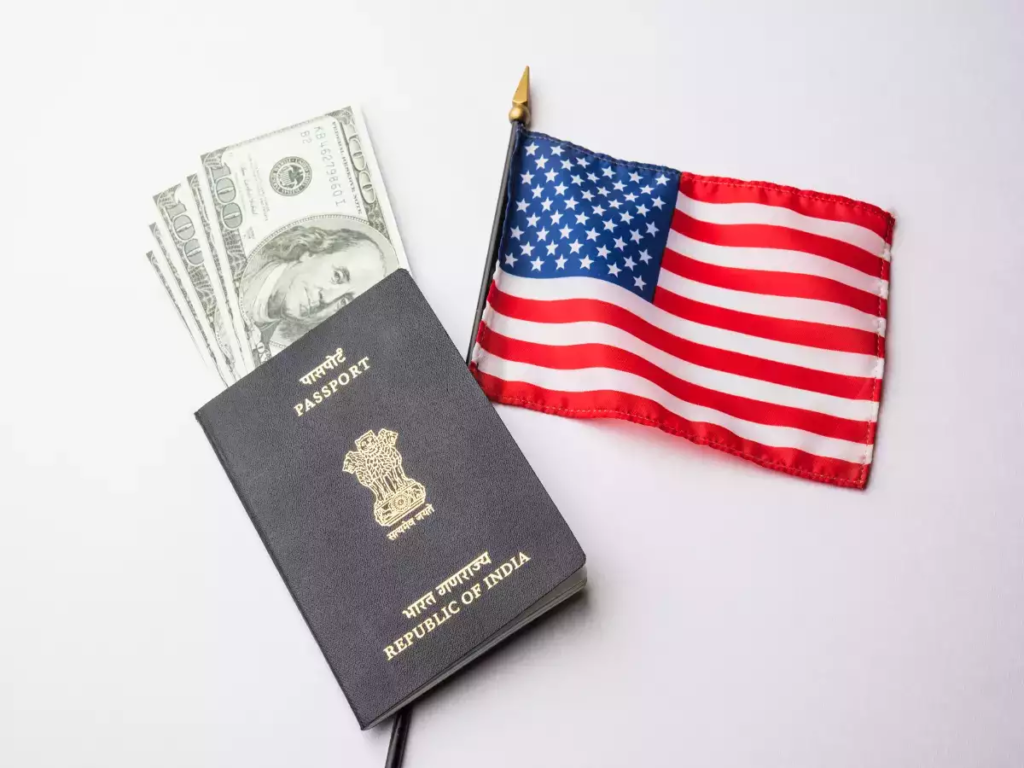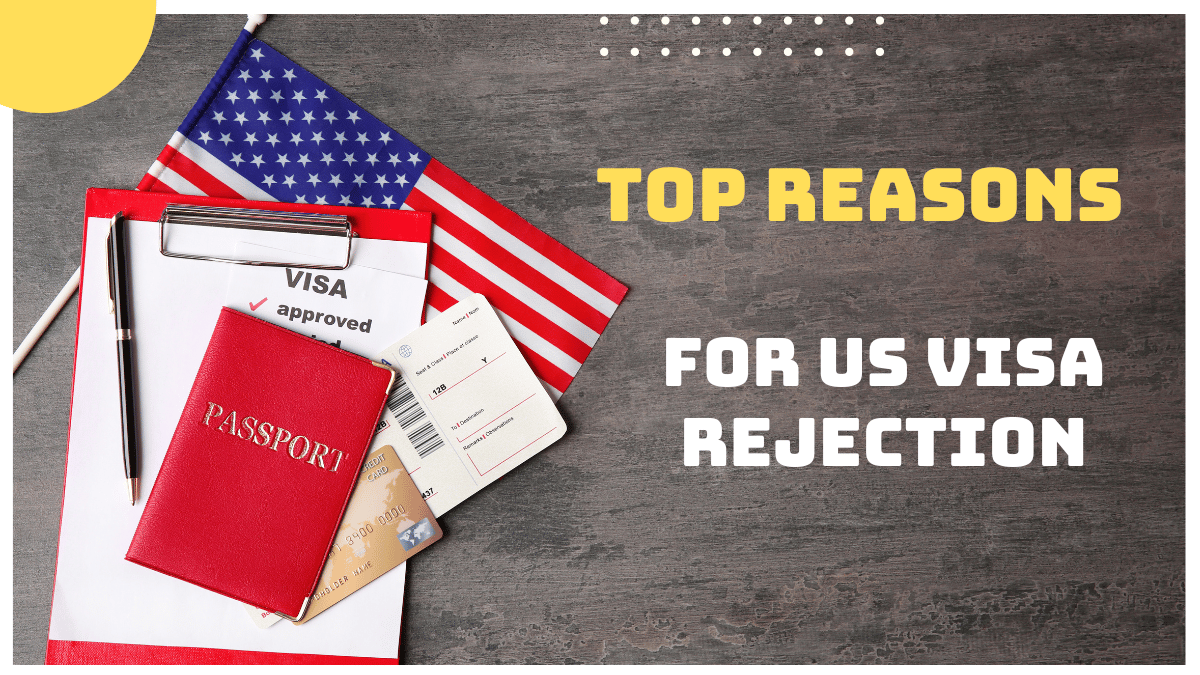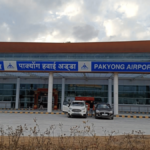Top Reasons for US Visa Rejection: What You Need to Know
Seeking a visa to enter the United States is a significant step towards personal, professional, or educational aspirations. While the US visa application process is known for its intricacy, it’s imperative to underscore the need for meticulous attention to detail and strict adherence to outlined criteria. These steps are crucial for securing a positive outcome.
Enhancing your chances of obtaining a US visa hinges on understanding and avoiding common pitfalls. Below, we’ve outlined some prevalent mistakes made by applicants during the US visa application process, along with practical advice on how to navigate it successfully.

- Incomplete or Inaccurate Application: Precision is paramount during the US visa application process. Errors or omissions in the application form can lead to delays or outright rejection. It’s essential to meticulously review the visa form, comprehend each question, and provide precise and comprehensive responses.
- Insufficient Documentation: Understanding the specific visa type you’re applying for is crucial, as each category has distinct documentary requirements. Failure to provide all necessary supporting documents can result in visa rejection. Pay close attention to the checklist provided by the US embassy or consulate.
- Misrepresentation or Fraud: Providing false information or misrepresenting facts on the visa application is a serious offense. This includes falsifying documents, misstating employment history, or misrepresenting intentions for traveling to the US. Such actions can lead to visa denial, long-term immigration consequences, and legal repercussions.
- Lack of Preparation for the Interview: Many visa categories require an in-person interview at the US embassy or consulate. Applicants should prepare thoroughly by familiarizing themselves with the purpose of their trip, understanding visa requirements, and clearly articulating their travel plans. Lack of preparation or inability to answer questions about the trip can raise doubts, leading to visa denial.
- Inadequate Financial Documentation: For tourist visas and certain other categories, applicants must demonstrate sufficient funds to cover their expenses during their US stay. This includes providing bank statements, income tax returns, and other financial documents. Failure to provide adequate financial documentation or inconsistencies can raise doubts about the applicant’s ability to support themselves.
- Overlooking Immigration History: Applicants must accurately disclose their immigration history, including any previous visa denials, overstays, or violations. Failure to do so can be considered misrepresentation and result in visa refusal or future application bans.
- Weak Ties to Home Country: Visa officers assess whether applicants have strong ties to their home country and are likely to return after their US visit. Strong ties may include stable employment, property ownership, family connections, and other commitments. Providing evidence of ties to the home country is crucial to reassure visa officers.
- Providing Incorrect Information about Travel Plans: Applicants must provide clear and consistent information about their travel plans, including the purpose of the visit, duration of stay, and accommodation arrangements. Any inconsistencies can raise doubts about the legitimacy of the trip and lead to visa rejection.
- Not Seeking Professional Assistance If Needed: For complex visa cases or if unsure about the application process, applicants should consider seeking assistance from immigration consultants or attorneys. These professionals can offer guidance, review documentation, and provide support in preparing for the visa interview.
By avoiding these common mistakes and ensuring thorough preparation, applicants can enhance their prospects of obtaining a visa successfully.






